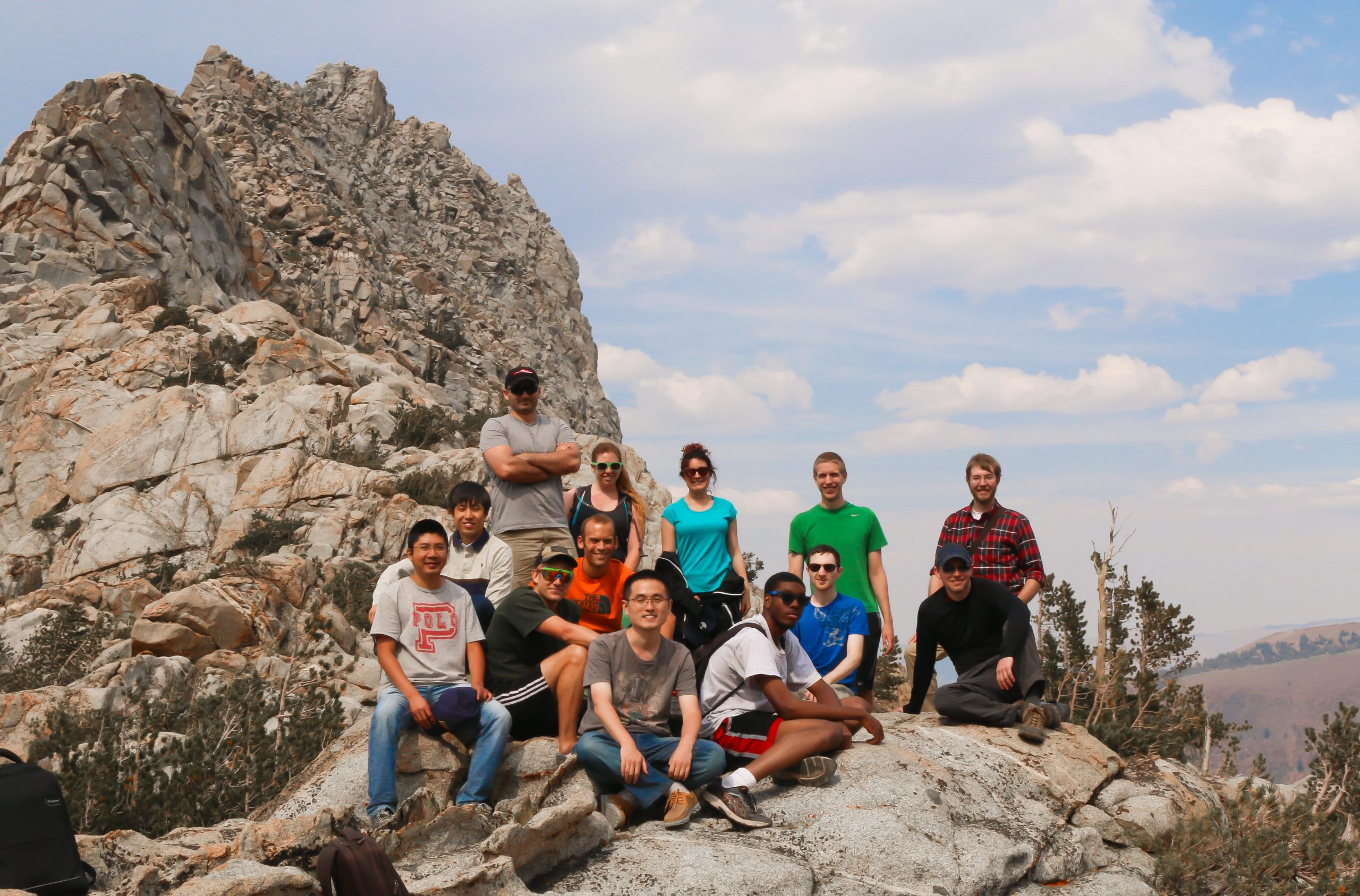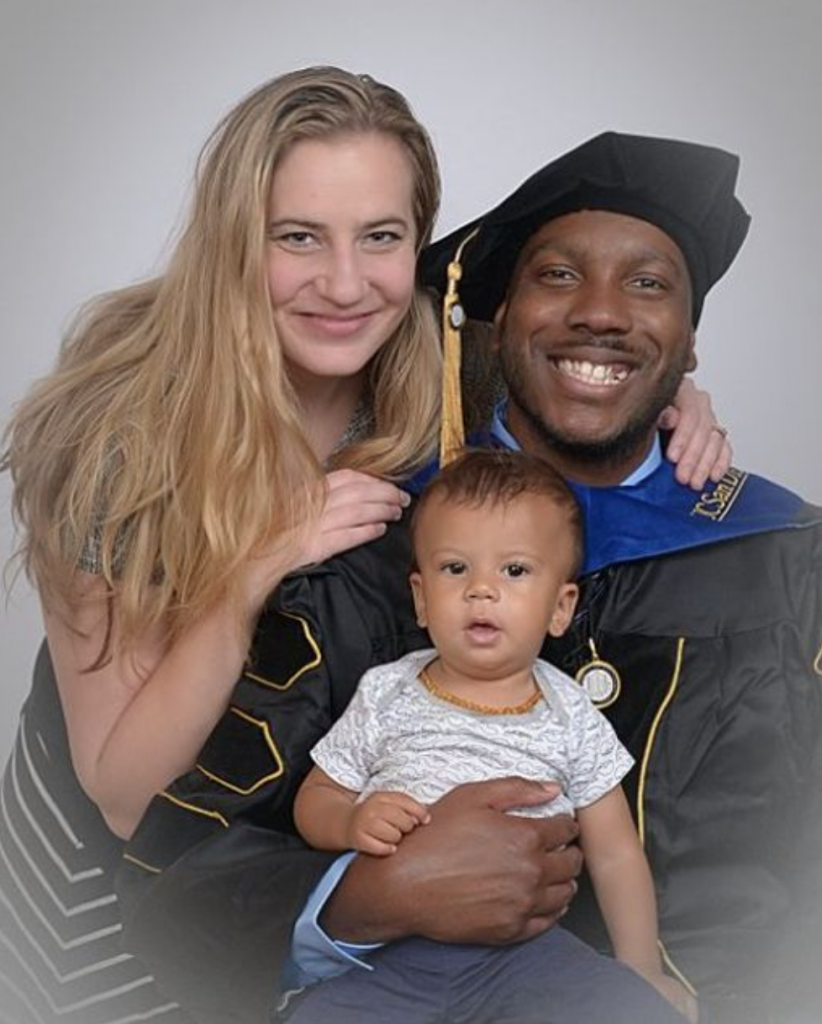Congratulations to Jeremy Blackstone for successfully defending his PhD thesis! Jeremy’s PhD research focused on mitigating hardware side channels – a powerful class of security vulnerabilities that exploits the side effects of physically performing a computation. Jeremy’s research focused on the idea of “blinking”, which determines when to turn on/off side channel attack mitigation strategies. The goal is to use the mitigations during the most important time periods and turn them off during less vulnerable times in order to make the system more efficient. This provides the ability to tradeoff between security, performance, power consumption, and other important objectives.
Jeremy has been associated with our research group for a long time. He was a member of our first Engineers for Exploration Summer REU program in Summer 2013 when he was an undergraduate at Howard University. The following summer, he came to UCSD again and this time working with Dustin Richmond on the Tinker project. He was funded to participate in the summer research programs as part of the UCSD Howard Partnership for Graduate Success — a UC HBCU-funded initiative led by Profs. Gentry Patrick in Biological Sciences and Gary Cottrell in Computer Science and Engineering. These two summer research experiences were the key factor in recruiting Jeremy to UCSD. Jeremy would have otherwise not been interested in UCSD without spending the summer in San Diego. And I would have not gotten to know Jeremy and would have been less likely to consider his application and give him an offer.
Jeremy started his his PhD in 2015. During our group retreat Fall 2015, we did a challenging group hike in Mammoth Lakes scrambling up boulders for hundreds of meters near the Crystal Crag. The group picture was taken at the top of that scramble. Jeremy was not an experienced hiker and I did a very poor job of warning him (and others in the group) about the challenges of the hike. It may be hard to tell, but Jeremy was not very happy in this picture (or generally during the hike). In a lot of ways this summarizes a PhD journey. You don’t really know what you are getting into, it is very difficult, sometimes your advisor fails to warn you of pending challenges, but when you make it, you have done things that have never been done before.

September 2015 Kastner Research Group Hike, Mammoth Lakes, CA. Jeremy’s first taste of PhD and hiking (for more info, see KRG Retreat 2015 blog post).
Jeremy eventually recovered from that hike, and settled in on hardware security as a PhD topic. He worked with many different people and different topics over his PhD career. His published extensively with people within our group (e.g., Wei Hu, Alric Althoff, Dustin Richmond), at the University of Washington (Michael Taylor, Dustin Richmond), and at Purdue (Shreyas Sen, Debayan Das). Jeremy is clearly a multidisciplinary and collaborative researcher.
After graduation, Jeremy started as an assistant professor in the Department of Electrical Engineering and Computer Science at Howard University. Jeremy was remotely lecturing at Howard during the final year of his PhD teaching an introduction to computer science course. The professor position allows him to continue his teaching and research pursuits at his alma mater.
Congrats again Jeremy! I look forward to seeing all the mountains that you climb.
